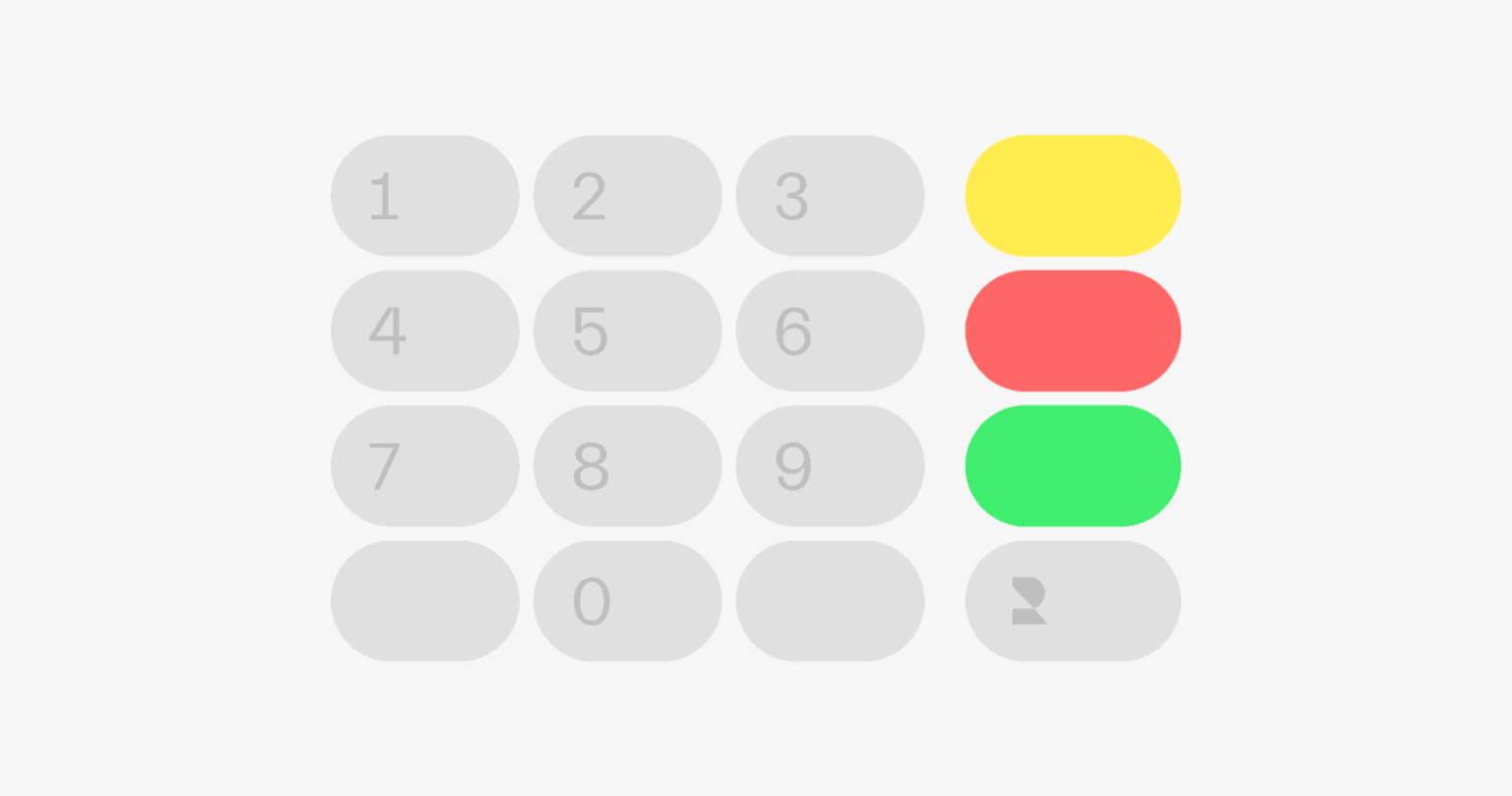Facts of the case
The case concerned a Turkish national who was a customer of a German commercial bank. In August 2022, the bank reported a deposit of €21,900 from Turkey to the FIU as a suspicious transaction. The customer provided no proof for the origin of the funds (which stemmed from a real estate sale). The bank then terminated the customer’s account without stating a reason, froze it, and submitted a “follow-up suspicion report” regarding subsequent direct debit transactions.
The customer contested the account freeze. After the freeze was lifted, both parties declared the legal dispute settled. The Local Court (AG) Frankfurt imposed the legal costs on the customer, reasoning that the three-day period had not been exceeded. The customer filed an immediate appeal, which the Regional Court (LG) Frankfurt had to decide on.
Decision of the Regional Court Frankfurt am Main
The LG Frankfurt imposed the legal costs on the bank. The court justified its decision by stating that maintaining the account freeze beyond the three-day period under Section 46(1) sentence 1 no. 2 GwG was unlawful — even though the submission of the suspicious activity report itself was justified.
The bank also could not rely on the liability exemption under Section 48 GwG, as this only applies in cases of lawful conduct. The court considered a restrictive interpretation of this exemption necessary, stating that a blanket account freeze violated the spirit and context of the GwG.
Key legal issues regarding Section 46 GwG
Lack of legal basis for full account freezes
The court found that Section 46(1) GwG does not provide a legal basis for a blanket freeze on account activity, as the provision specifically refers to a suspicious transaction, not the account as a whole. Freezing an entire account based on general suspicion is not legally grounded. Such action would significantly infringe on fundamental rights, especially given the low threshold for filing a suspicious activity report. The court also raised constitutional concerns but did not elaborate further.
The court emphasized that a suspicious transaction which is not prohibited within the three working days should be carried out promptly. Continuing to block the account would resemble a form of asset freezing, which is not supported by the law and would be problematic given the low threshold for suspicion. According to the court, the law is intended only to temporarily block the specific suspicious transaction — not the entire account.
Three-day period as a maximum timeframe
The LG Frankfurt interpreted Section 46(1) sentence 1 no. 2 GwG to mean that a transaction must be carried out no later than three working days after the report is submitted. This interpretation contradicts the wording of the law (“earliest”), which BaFin sees as setting a minimum period. BaFin also expects obligated parties to conduct a proportionality assessment after three days before executing the transaction. The court rejected this, arguing that no such requirement is stated in the law. It viewed the three-day rule as a maximum period.
Initial and subsequent transactions
The court did not consider subsequent transactions (reported in the follow-up) as new triggers for a three-day freeze period under Section 46(1) GwG. Instead, only the original transaction (in this case, the suspicious deposit) triggered the time frame. Otherwise, an unlimited account freeze could result. However, the court acknowledged that follow-up transactions could give rise to new, independent suspicions of money laundering.
The court did not address whether the entire account could be considered tainted by the initial suspicious deposit, nor whether executing subsequent transactions could result in liability for negligent money laundering under Section 261(6) of the German Criminal Code (StGB). Executing a transaction that clearly suggests money laundering can be punishable — even beyond the three-day window.
Conclusion
According to the court, obligated parties should not impose blanket or prolonged account freezes under Section 46 GwG. Transactions that triggered a suspicion report should generally be carried out promptly after the three-day period has passed.
However, legal uncertainty remains. BaFin views the three-day period as a minimum, not a maximum. It should also remain possible to delay execution beyond the three-day period if new suspicion arises or if carrying out a transaction would risk criminal liability for facilitating money laundering. A timely legislative clarification would be welcome.



